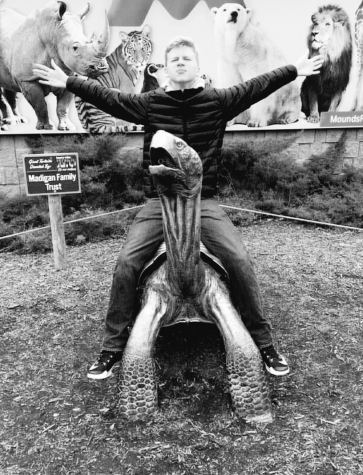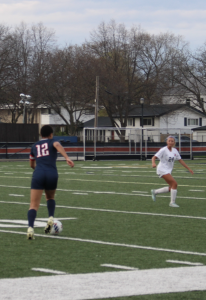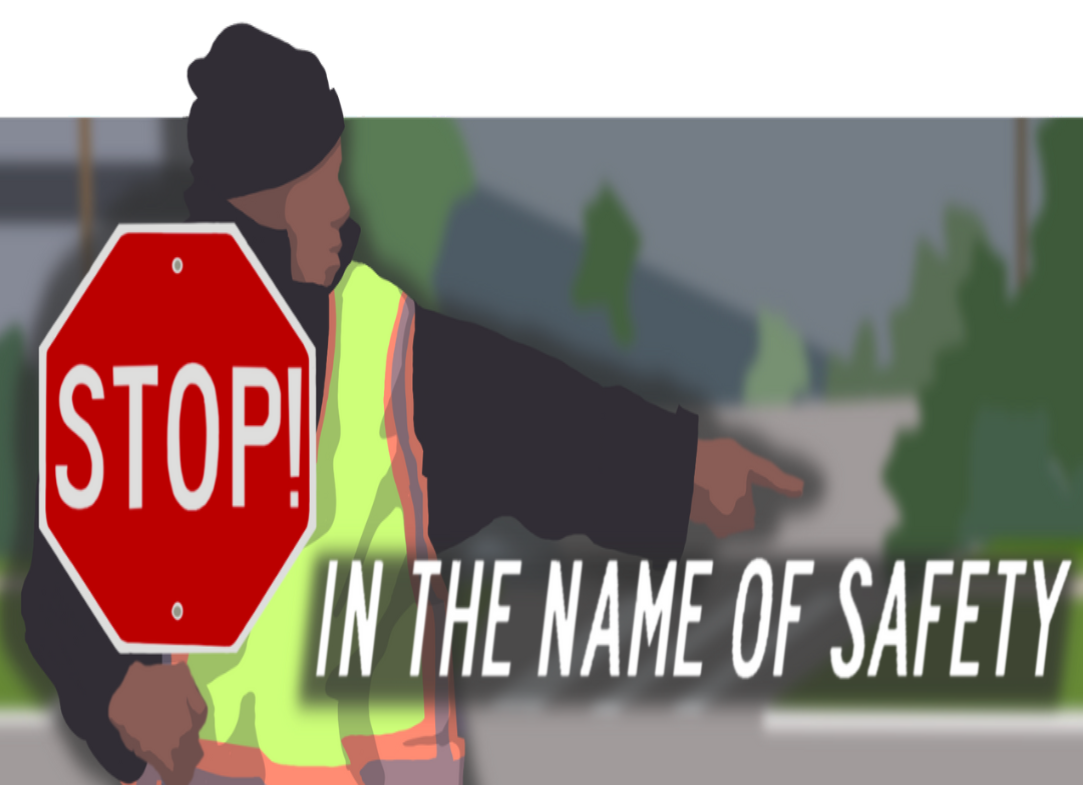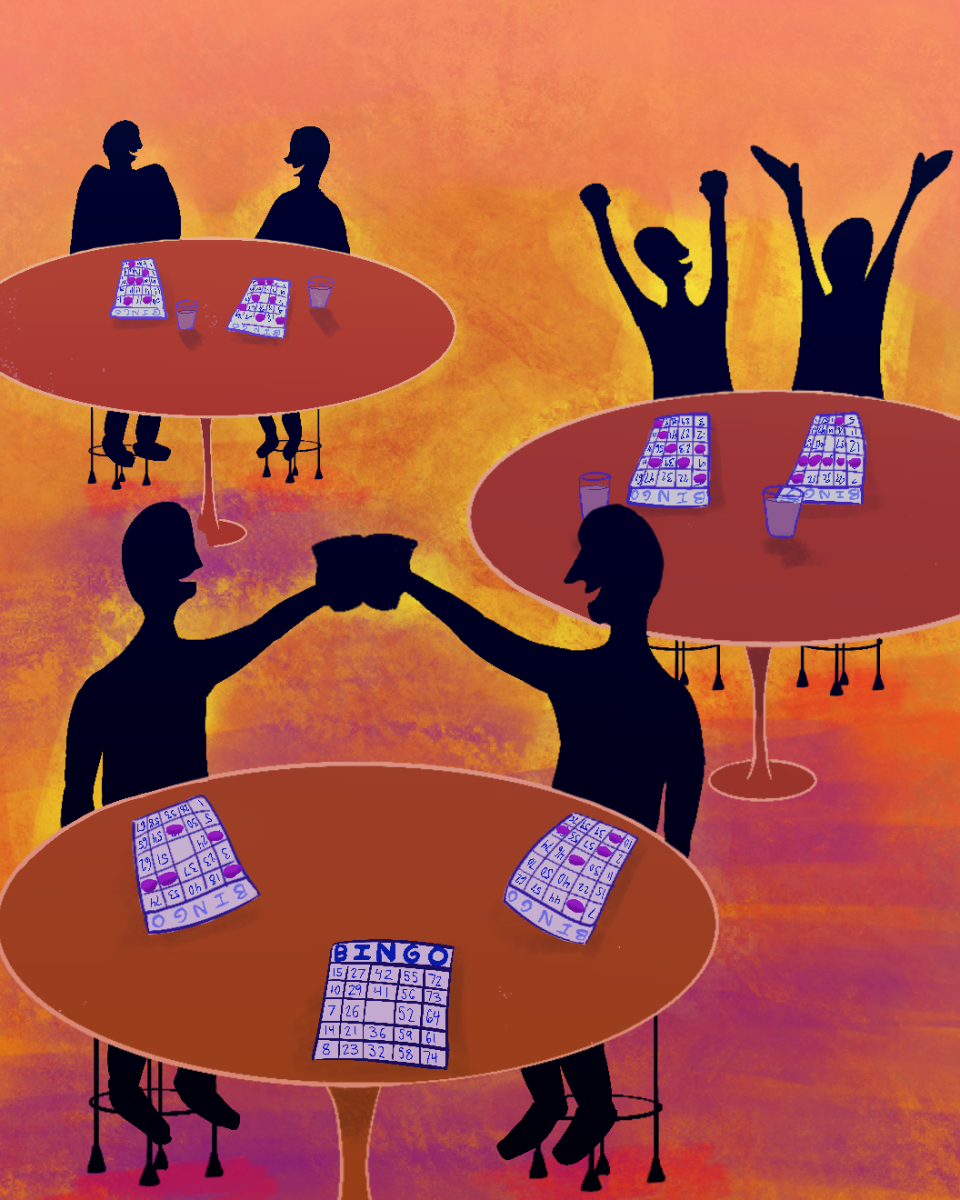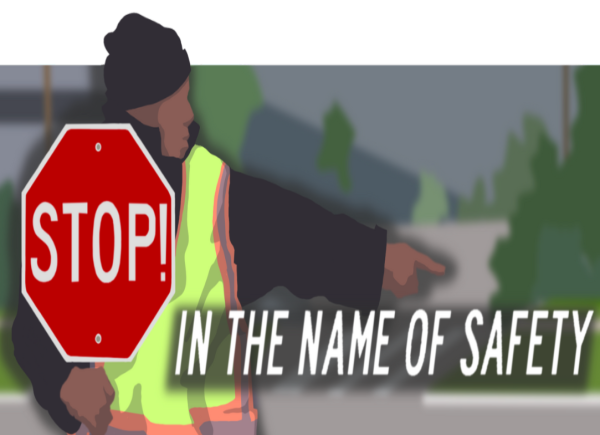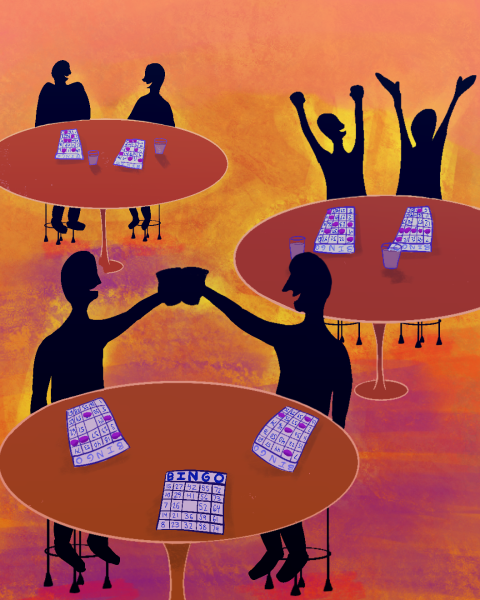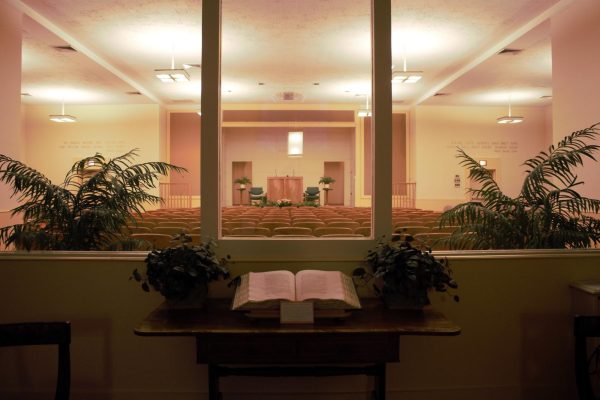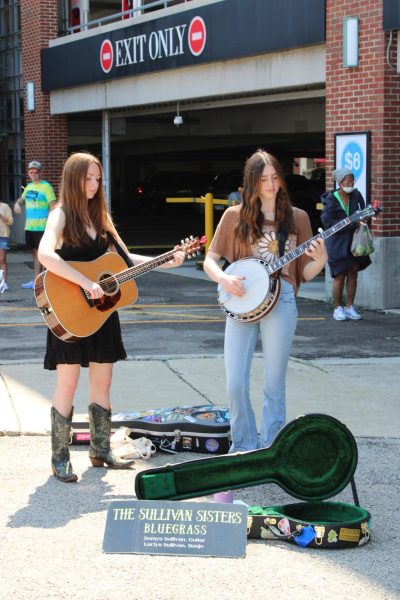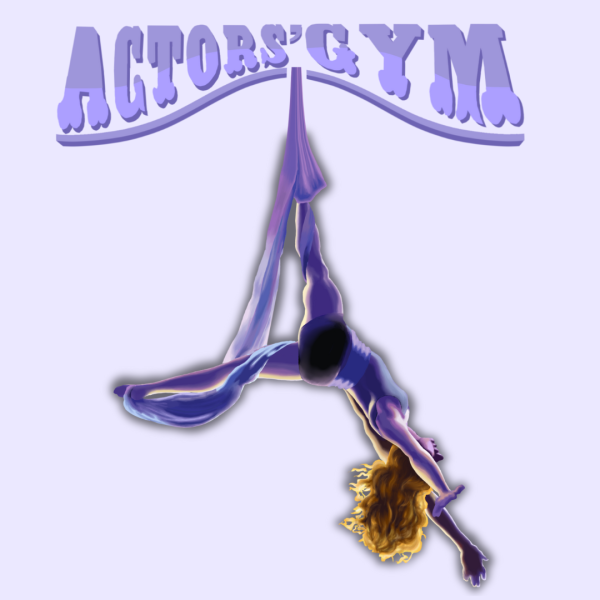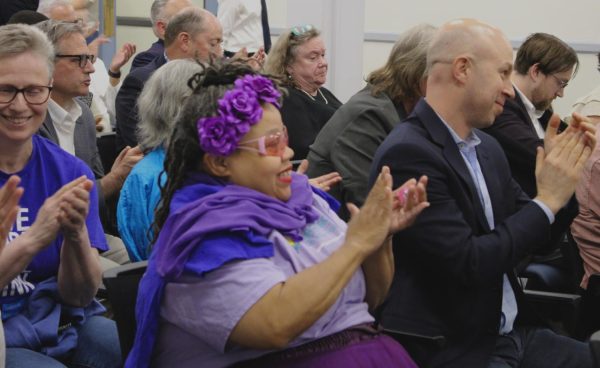New CSL protocol works to prevent hate speech in sports
September 16, 2016
Don’t hate.
A newly revised CSL hate speech protocol is here, and it’s working to prevent hate speech between teams during sporting events.
“We can’t ever get complacent about how it’s common practice for our kids to experience hate speech,” Athletics director Chris Livatino says. “The bottom line was we could either deal with hate speech on a case by case basis, or we could set a new protocol in place to let athletes, parents, and officials know that hate speech can’t happen.”
The main goal of this protocol is to make a clear statement that the CSL (Central Suburban League) doesn’t tolerate hate speech. Other goals include making it clear that addressing hate speech is more important than the game itself, and allowing time for emotions to cool down if there is an accusation of hate speech against a player or team.
Hate speech includes racial, homophobic and religious slurs, as well as any other words considered an attack on a certain group.
It should be noted that this is the first season that this revised protocol will be set in stone, and it will only be used for games where two CSL schools play each other at a CSL school stadium.
“It’s only for CSL versus CSL being played at CSL schools,” Livatino says. “So if we’re playing a tournament game against Niles West at Schaumburg, it doesn’t count, it won’t be used.”
The punishment for hate speech can be extremely severe. The player, if found guilty of using hate speech, will be ejected from the current game and suspended for their next game. The school will also take disciplinary action.
“I think the new rules about hate speech are important,” senior water polo player Riley Hughes says. “Sometimes you get into a moment and you kind of just say whatever you feel, but hate speech shouldn’t be on the field.”
While many students agree that hate speech should not be on the field, they don’t think that these specific rules will work to prevent it.
“I don’t think that’s necessarily going to work,” sophomore soccer player Dennis Melonides says. “When you’re playing in the game all you want to do is win, you’re not really thinking about political correctness or anything like that.”
The ultimate goal of this entire process is to eventually have this hate speech protocol be implemented at IHSA (Illinois High School Association) and NFHS (National Federation of High Schools) levels, but for now it remains only in the CSL until the issues with it are resolved.
“Rather than going and banging down their (IHSA’s) door, let’s go ahead and figure it out for our 12 schools first,” Livatino explains. “If it’s a successful year, then we could roll it out to other conferences. If that works well the next year, then we’ll look into implementing it at the IHSA level for playoffs and eventually the NFHS.”
According to Yahoo Sports, in 2013, an incident occurred at the Illinois High School basketball championship game. One team was accused of hate speech against the other team. The coach of the team that hate speech was being used against complained to the referees, and ultimately he ended up being ejected from the game.
The new protocol will help to prevent hate speech incidents like that from happening again.
While this hate speech protocol has it’s problems, it can be improved. The benefits of potentially preventing hate speech on the national level during games makes the protocol even more enticing. If hate speech can be stopped during games, then all high school sports as a whole will be better off.
For more information and articles on hate speech among high school athletics, please visit http://usatodayhss.com/tag/hate-speech

